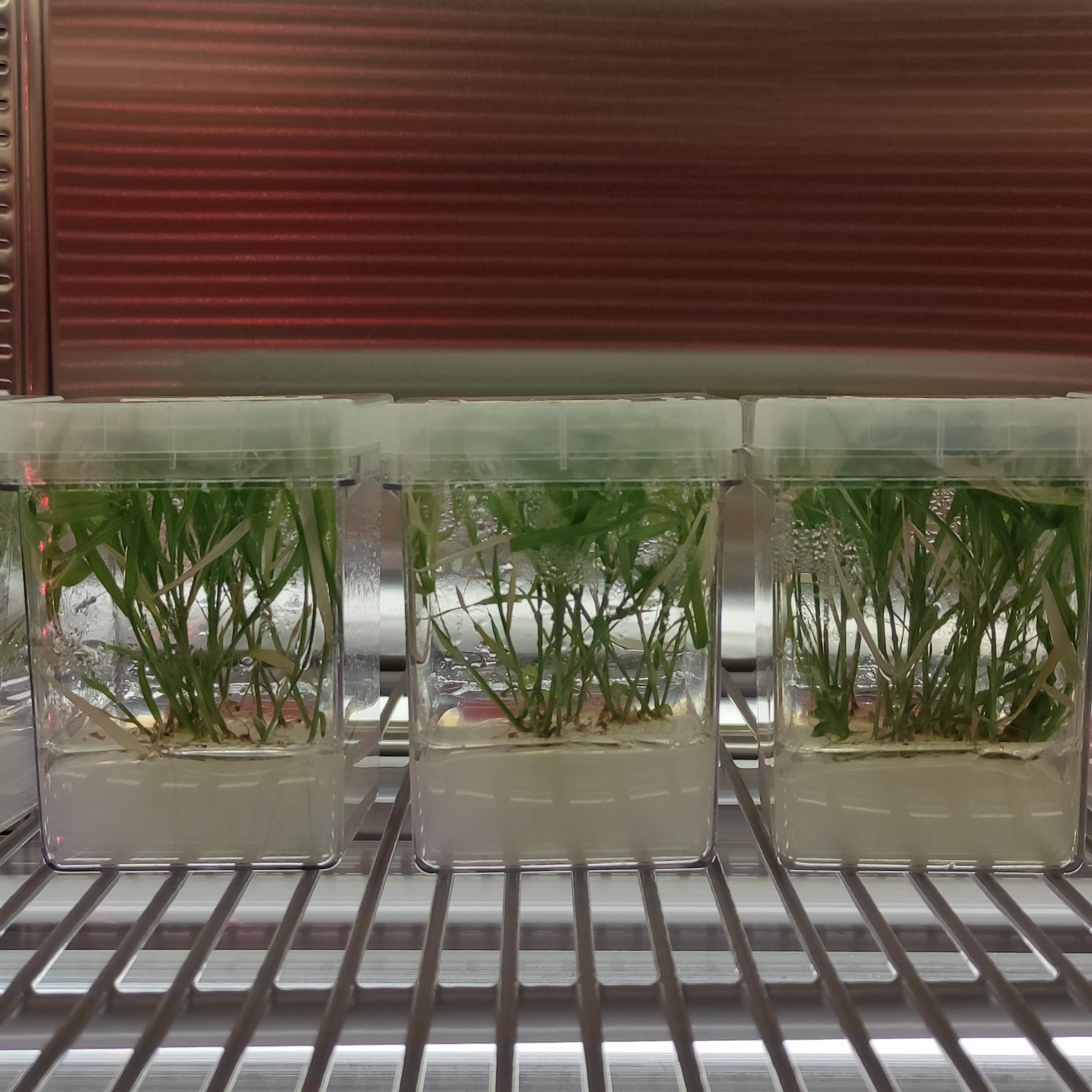Decrypting chloroplast signalling networks in C4 photosynthesis at cell type-resolution
This project will identify cellular communication networks that are necessary for the fine-tuning of chloroplast functions in specialised leaf cell types of plants performing heat-tolerant C4 photosynthesis.
Project status
Content navigation
About

C4 photosynthesis - Some plant species have evolved a sophisticated and efficient form of photosynthesis, C4, which is the most productive of photosynthetic processes per unit water used in plants. It also provides additional unique benefits such as heat tolerance. This has led to current global efforts to bring the benefits of C4 photosynthesis to crops such as rice and wheat. However, C4 does come with costs so we need to predict and manage the trade-offs. While some of these are known (e.g. increased ATP requirement), others have not even been considered yet potentially have significant impacts. These include how C4-type cellular specialisation impacts cellular communication and stress resilience.
Chloroplast signalling -Chloroplast-to-nucleus signalling is an essential part of the plant cell response to environmental stress; but virtually all work in this area has been performed in C3 plants. We do not even know what happens with respect to chloroplast signalling in C4 plants, let alone how to optimise it; or mitigate against unintended impacts on the chloroplast in the process of re-engineering C4 into C3 plants or improving C4 crops.
The central question and aims: How do chloroplasts function as environmental sensors and regulate stress resilience in specialised cells with distinct, critical metabolic functions such as C4 photosynthesis? This project aims to:
- Elucidate for the first time the chloroplast-to-nucleus signalling pathways functioning in heat acclimation of C4 photosynthesis.
- Unravel the intersection of reactive oxygen species, chloroplast signalling, photorespiration, and C4 photosynthesis, in different C4 cell types
- Identify cell-specific chloroplast signalling and gene transcriptional networks mediating stress acclimation in C4 mesophyll and bundle sheath cells
This project will utilise a combination of strategies:
- single cell transcriptomics
- synthetic biology
- live cell imaging
- CRISPR gene editing
- metabolomics
- molecular physiology



